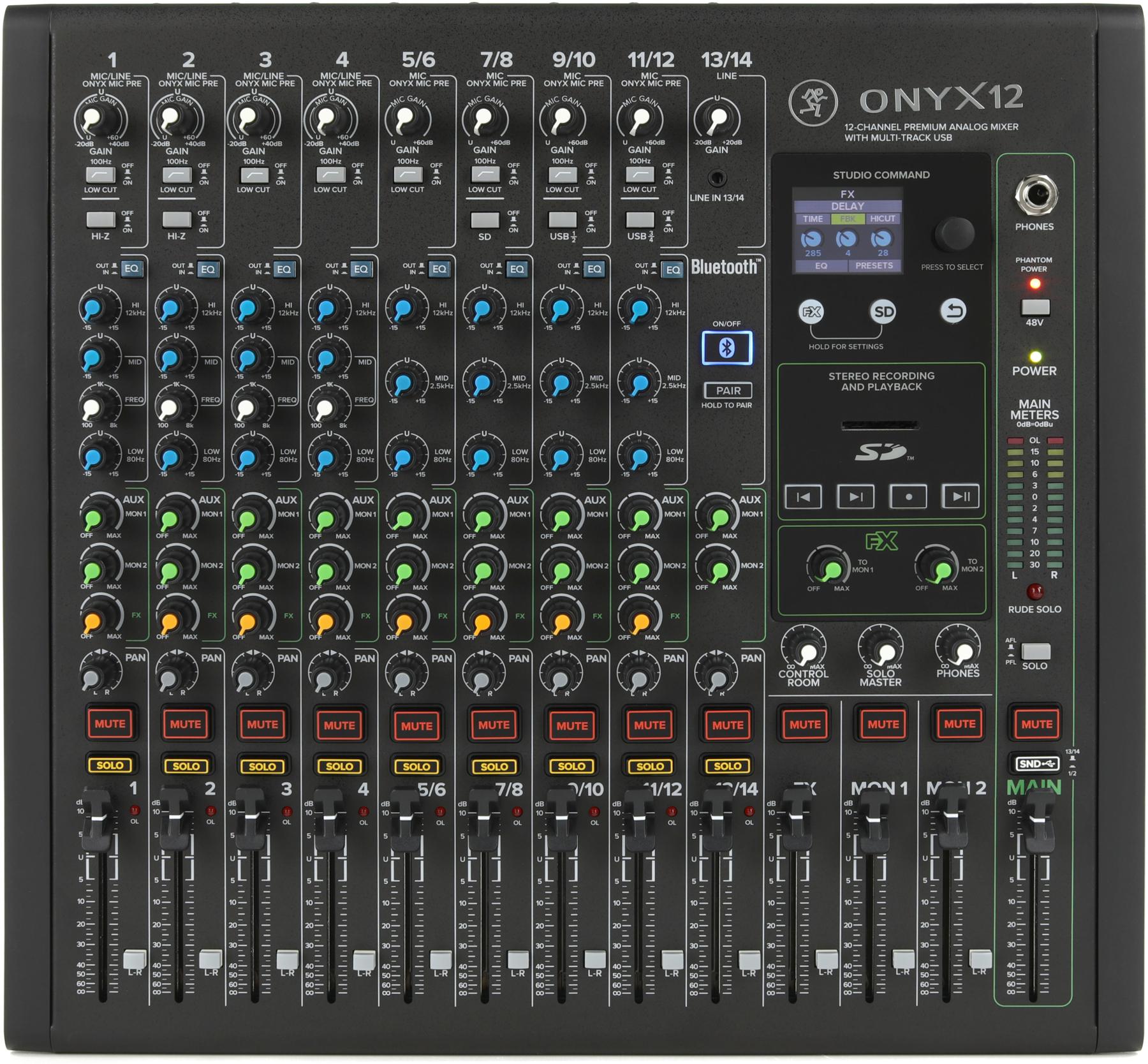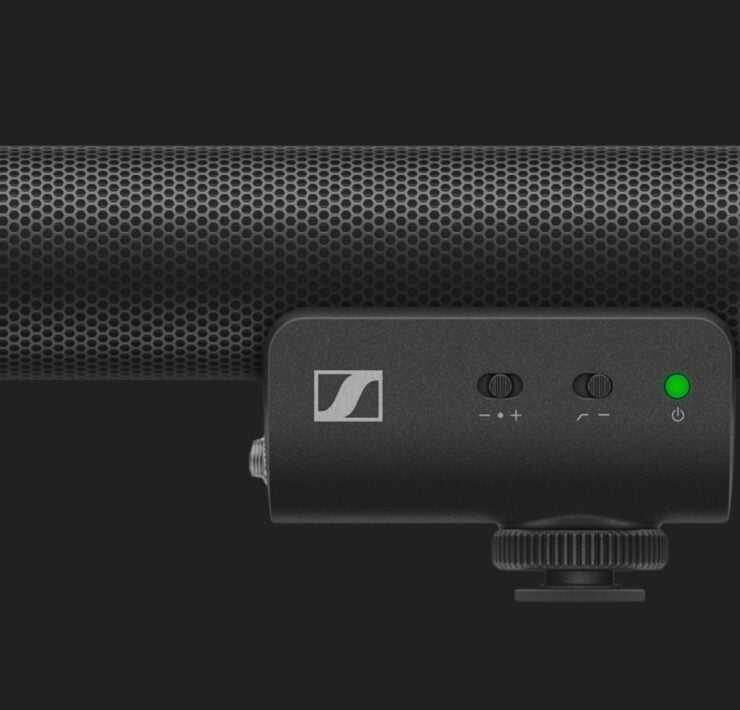Mistakes Church Sound Engineers Make with Mixing Consoles – #4 Overuse of Plugins
- Audio engineering, however, is the most complex job on the technical team. No matter how much the band rehearses, adrenaline will kick in, singers won’t sing at “show volume” during rehearsal, or the lead guitar player will need more gain and think when he turns himself up after rehearsal no one will notice.

This article is part of a series called The Top 10 Mistakes Church Sound People Make With Mixing Consoles. We’re on number 7. Go here for part 1.
#4 Overuse of Plug-ins
I was talking with a young guy last week about mixing. He was mixing on a digital console (manufacturer’s name withheld) and was using plug-ins. The subject came up about the analog days and I mentioned insert cables. He had never seen one and didn’t know what one looked like, much less how to solder one. It goes without saying (although I’m going to) that he had never used the analog version of these plugs.
Now if this kid had impressed me with his mixing chops, I wouldn’t have been so critical, but the massive amounts of plug-ins were not helping his mix. Don’t get me wrong, I USE PLUG-INS. (I had to get that off my chest.) I like them! But a good front-of-house person could mix a show with an analog channel mixer with no effects if they had to.

Most people who abuse plug-ins have never used the analog pieces they were modeled after, nor do they know which plugs are faithful reproductions versus not. Now before I get ugly emails from you plug nuts, just ask yourself this question:
If your digital console burst into flames, could you mix a show with an analog desk, 1 verb, 1 delay, and 2 channels of compression?
If not, time to move to the lighting team…
Ok, that was supposed to be funny! But let’s be honest, I realize it may take hours to program a light “show.” Whether you call it a service or a show, you get my point. There is a lot of thought and creativity that can go into programming a service and that can increase the factor of time. Then you might have to start from scratch with a rented lighting console, etc. I get it.
But when you are done with all that programming, you are pretty much done. Unless there are actors, or praise team members who miss their marks, (the spot on the stage where the lighting instrument was aimed) it’s a space bar cue to go from scene to scene. We could say the same about the space bar and “cues” in regard to graphics in the service, but that is for another article. Trust me, one is coming. Some of your graphics operators need a lesson!
Audio engineering, however, is the most complex job on the technical team. No matter how much the band rehearses, adrenaline will kick in, singers won’t sing at “show volume” during rehearsal, or the lead guitar player will need more gain and think when he turns himself up after rehearsal no one will notice. Sometimes it is like juggling sand. If you are mixing on scenes alone, well we need to have a private talk.
The Plug-in Kid
But back to the plug-in kid. He was using plug-ins on top of plug-ins, in addition to the effects built into the console, and his mix was terrible. It was squashed, thin, and just horrible. After doing a little detective work on his workflow, I found out he would continually add plug-ins on top of other plug-ins trying to correct something the previous plug-in did. When you find yourself in this situation, try bypassing everything, during rehearsal and not during the service, and starting from scratch. Or disable plug-ins one by one until you find that “less is really more” sound.
The point here is to use your ears and mix! Do not insert plug-ins on every channel because you read a tweet about it!
And when the day comes when your digital console wets the bed (and it will) and you have to “make it work” with an old analog mixing console, you won’t be a slave to plug-ins, and you will be an overcomer! Remember we old-timers had to make it work with much less technology, and we did just fine. Do I want to go back to those days? Certainly not! But I won’t use a plug-in unless the channel absolutely needs it.
Until next time, happy mixing and I pray these articles have helped you do your best in creating an environment for worship.
READ MORE TIPS
- #10 – Signal Flow At The Front End of the Mixer
- #9 – Not Knowing The Signal Flow In The Mixer
- #8 – Improper Gain Staging
- #7 – Abusing EQ On The Channel Strip
- #6 – Adjusting House EQ to Correct Lapel Microphone Feedback
- #5 – Misuse of Compression
- #4 – Overuse of Plug-ins
- #3 – Mixing Levels With A Sound Meter
- #2 – Not Listening to the Monitor from the Musician’s Position
- #1 – Mixing on Snapshots Alone
Have You Heard Our Podcast The Walk?
What's Your Reaction?
Michael is a 35+ year industry veteran with a passion for training in the technical arts. He holds a bachelor’s degree in Ministry and Worship Arts. He has a background that includes touring, system design, and consulting, and he has been on church staff as an Audio Engineer, Technical Director, Media pastor, and Worship Pastor. He has been a technical consultant for Air Force Entertainment, written curriculum for Christ for the Nations, and served as Adjunct Professor in the Worship and Tech Arts degree Program. He has been involved in sales and training for numerous manufacturers. He founded LiveWorshipAcademy.com, the first online certification program for church volunteers in the technical arts, and is the Director of Content. He is able to speak into the lives of both artistic and technical individuals, teaching technology as well as the worship theology behind it.





